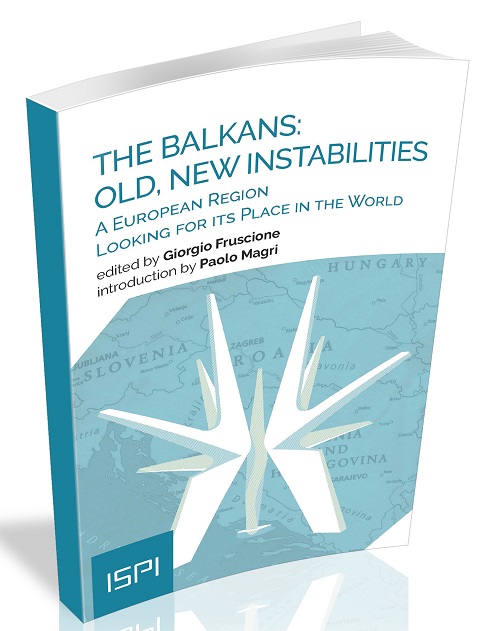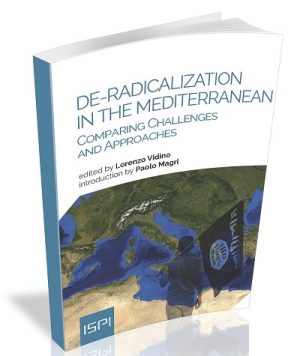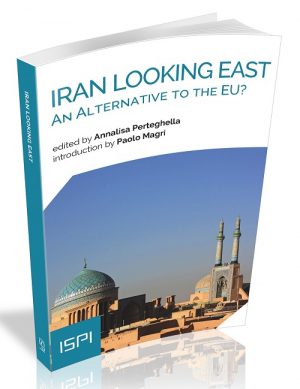2020 could be a crucial year for the Western Balkans.
For over twenty years, the region has been stuck in a never-ending transition. Politics, economics, and geopolitics are still falling prey to old and new sources of instability. With the path towards EU integration still uncertain, many governments in the region are marked by autocratic tendencies, and international actors strive for a bigger say in the region. NATO is expanding to the Balkans, but regional security still depends on foreign soft power and influence. And while recipes for economic transition focus mainly on foreign direct investments that often lack transparency, Balkan societies are losing their citizens to substantial emigration.
What are the factors contributing to Western Balkans instability in the age of Covid-19? Will the region continue to be ground for renewed geopolitical competition? How can the Balkans leave the transition phase and find a sustainable, balanced path onwards?
ISPI. L’ISPI è un think tank indipendente dedicato allo studio delle dinamiche politiche ed economiche internazionali fondato nel 1934. È l’unico istituto italiano – e tra i pochissimi in Europa – ad affiancare all’attività di ricerca un significativo impegno nella formazione, nella convegnistica e nell’analisi dei rischi e delle opportunità a livello mondiale per le imprese e le istituzioni. L’ISPI privilegia un approccio interdisciplinare e “policy-oriented” reso possibile da un team di ricerca di oltre 50 analisti e può inoltre contare su un network internazionale di 70 università, think tank e centri di ricerca. Nella classifica redatta dall’Università di Pennsylvania, l’ISPI si è posizionato al primo posto al mondo tra i “Think Tank to Watch” nel 2020.
DATI BIBLIOGRAFICI
A cura di: Giorgio Fruscione
Editore: Ledizioni
Collana: Pubblicazioni ISPI
Pubblicato in: giugno 2020
Lingua: inglese
Formato: brossura 142 p. – ePub
ISBN cartaceo: 9788855262477
ISBN ePub: 9788855262484
Prezzo cartaceo: 12 €
Prezzo ePub: 6,99 €











Recensioni
Ancora non ci sono recensioni.